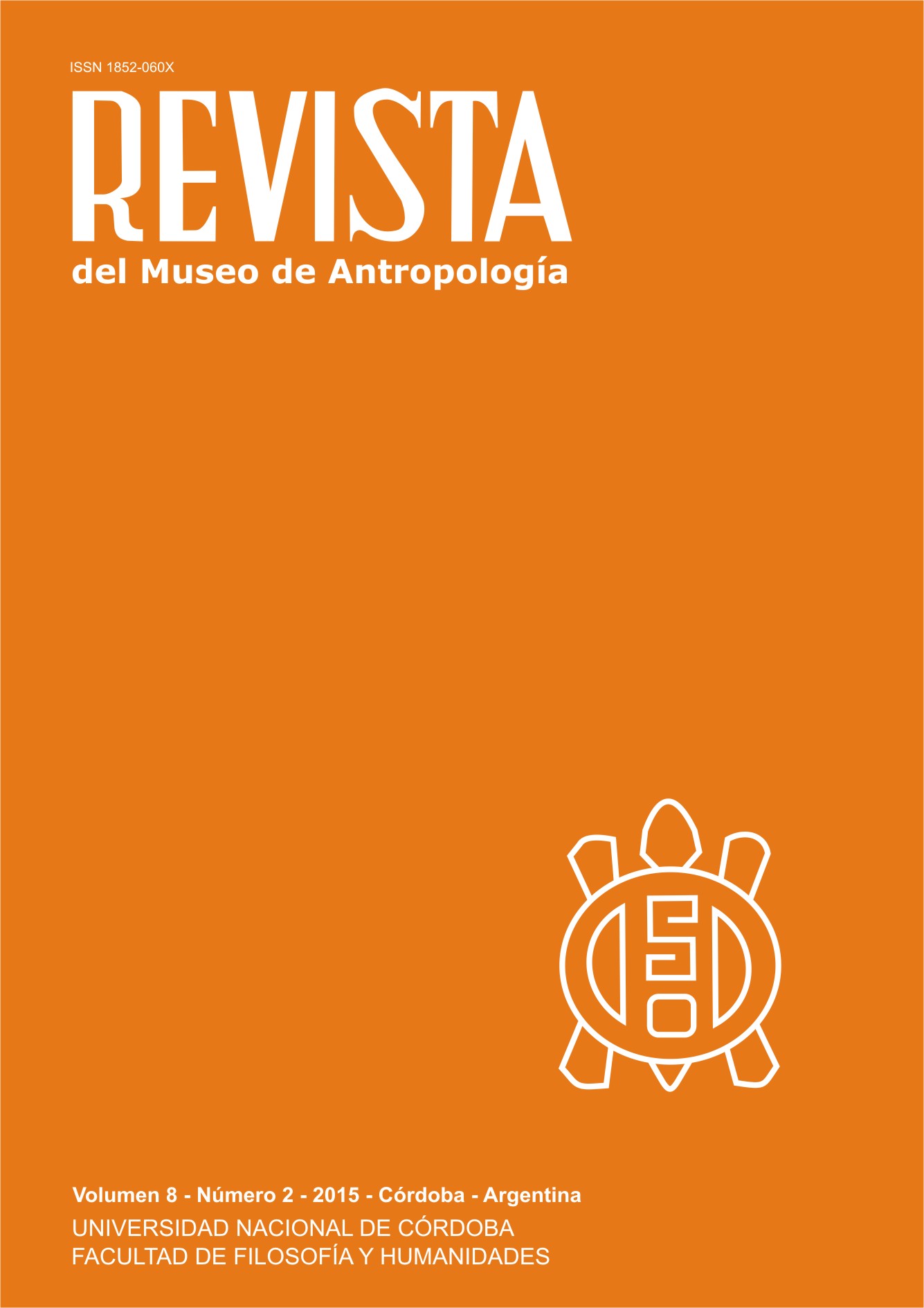So far, so close. Ethics and emotions in fieldwork in a tragic context
DOI:
https://doi.org/10.31048/1852.4826.v8.n2.13232Keywords:
ethics, emotions, fieldwork, tragedy, victimsAbstract
In this paper I will look into the relationships carried out along fieldwork in a tragic and deeply distressing context. I carried on my fieldwork in a group of relatives of those killed in the fire at the stadium “Republic Cromañón”. Throughout this process, my emotions and my assumptions about the death and how to relate with that relatives, crystallized in a decision of ethical nature: I would avoid certain behaviors and attitudes (give my opinion in their debates, being on certain certain events and spaces, publicly expose my distress, etc.), which I considered as the exclusive prerogative of the parents of the dead young kids. Consequently, I adopt a behavior that did not match with some parents expectations on my presence among them, and contributed to generate tensions and suspicions about me. I will analyze how my feelings and ideas about death contributed to shape my position as researcher on the field. Here I refer to Elias who has analyzed how contemporary societies represented this phenomenon as one that transforms deeply the life of the living people.Downloads
References
Aranguren Romero, J. P. 2010 “De un dolor a un saber: cuerpo, sufrimiento y memoria en los límites de la escritura”, en Papeles del CEIC Nº 63.
Butler J. 2010 Marcos de guerra. Las vidas lloradas el valor de la vida frente a la muerte, Barcelona, Paidós.
Clifford J., Marcus J. 1986 Writing Culture: The Poetics and Politics of Ethnography, University of California Press.
Comínguez, M. 2007 Cromañón en primera persona, Buenos Aires, Editorial Dunken.
Crapanzano, V. 1983 Tuhami: A Portrait of a Moroccan, Chicago, University of Chicago Press.
Das, V. 1995 Critical Events: An Anthropological Perspective, Oxford, Oxford University Press.
Elias, N. 1989 La soledad de los moribundos, México, Fondo de Cultura Económica.
Freud, S. [1915] 1992 “De guerra y muerte. Temas de actualidad”, en Obras completas, Amorrortu.
Geertz, C. 1988 Works and Lives: The Anthropologist as Author, Stanford University Press.
Hertz, R. 1990 “Contribución a un estudio sobre la representación colectiva de la muerte”, en La muerte y la mano derecha, Madrid, Alianza
Lefranc, S. 2002 “La 'justa distancia' frente a la violencia” en Revista Internacional de Ciencias Sociales, UNESCO. Nº 174
Pita, M. V. 2010 Formas de morir y formas de vivir. El activismo contra la violencia policial, Buenos Aires, Ediciones del Puerto.
Rabinow, P. 1977 Reflections on Fieldwork in Morocco, Berkeley, University of California Press.
Rosaldo, R. 1989 Culture & Truth: The Remaking of Social Analysis, Beacon Press.
Scheper Hughes, N. 1999 La muerte sin llanto. Violencia y vida cotidiana en Brasil, Barcelona, Editorial Ariel.
Sontag, S. 2003 Ante el dolor de los demás, Madrid, Alfaguara.
Ratti, E. y Tosato, F. 2007 Cromañón, la tragedia contada por 19 sobrevivientes, Buenos Aires, Planeta.
Zenobi, D. 2014 Familia, política y emociones. Las víctimas de Cromañón entre el movimiento y el Estado, Buenos Aires, Editorial Antropofagia.
Zenobi, D 2011 "El trabajo de campo y sus traspiés. Un etnógrafo entre las víctimas de la ‘masacre de Cromañón’", en Revista Ankulegi, Asociación Vasca de Antropología.
Downloads
Published
Issue
Section
License
Those authors who have publications with this Journalaccept the following terms:
a. Authors will retain their copyrights and guarantee the journal the right of first publication of their work, which will be simultaneously subject to the Creative Commons Attribution License (Licencia de reconocimiento de Creative Commons) that allows third parties to share the work as long as its author and his first publication in this journal.
b. Authors may adopt other non-exclusive licensing agreements for the distribution of the version of the published work (eg, deposit it in an institutional electronic file or publish it in a monographic volume) provided that the initial publication in this journal is indicated.
c. Authors are allowed and recommended to disseminate their work on the Internet (eg in institutional telematic archives or on their website) before and during the submission process, which can lead to interesting exchanges and increase citations of the published work. (See The Effect of Open Access - El efecto del acceso abierto)












